Living and studying in Lund can make a big impact on your life. This week we meet alumnus Francesco Pazzaglia, who studied at Lund University during his exchange semester in the autumn of 2018 and he tells us how his time in Lund changed the way he perceived his life and experiences. In our interview, Francesco also tells us about the diverse work he does as a Content Marketer and he reminisces about his time in Lund and how enriching it is to study abroad and explore new cultures.
Hi Francesco! You were an exchange student at the School of Economics and Management at Lund University in 2018. What have you been up to since you left Lund?
Well, right after my experience at Lund University, I got into a whirlwind of emotions: from February to June 2019 I was an exchange student in St. Petersburg, Russia, where I was lucky enough to witness the Northern Lights and White Nights within a few months. In the meantime, I was admitted to one of Europe’s top business schools, and dropped out right before the start of the year.

So, after graduating with a bachelor’s degree in July 2019, I decided to do my master’s degree at an international course of Management at the University of Bologna (Rimini Campus), where I had the opportunity to live and experience the city I was born in with fresh eyes. At the same time, I worked in a consulting company for urban innovation from January to September 2019. Then, I was involved in 2 project contracts as a marketer and art director. Finally, I joined Cubbit, a Deep Tech startup, as a Content Marketer at the end of 2020 and I’m also working to publish an academic paper on Brand Communities soon!
Today you work as a Content Marketer at Cubbit in Bologna, Italy. Can you tell us what a normal workday looks like for you?
“In the world of communications, you never get bored” – a truer statement has never been spoken! That’s why it’s virtually impossible to describe a normal workday for me. Every day is different: a press release, an email copy that converts, a social media post after interviewing some industry expert… and the to-do list goes on!
The variety of things I do is what drives me every day with a smile, and my routine is the boost: waking up an hour earlier than normal for a quick walk/run in nature or at the beach is my daily mantra. Add some fresh fruit/orange juice to the recipe and I’m ready to write kick-ass copy – although I still have A LOT to learn, honestly speaking. This is why we need to surround ourselves with chill people who are smarter than you, but who listen to what you have to say – it’s the only way to improve and it’s what excites me most about working at Cubbit.
What do you enjoy most about your job? And what challenges have you experienced when working with social media marketing?
As I’ve said before, the variety of cool things to do is a big plus when it comes to content marketing. I also find it intriguing how communication is such a great wrapper of the humanities: from psychology and philosophy, to literature and the arts – linked by the math of your and your team’s results. And when nostalgia for high school Latin and Philosophy classes enters through the door, content marketing comes to my rescue – a way to express myself and shape a critical framework of how people see reality, including me.
Speaking of the world of social media, we’re talking about a boundless universe. From the open critique of Netflix’s Social Dilemma, to the inherent mechanisms that keep us constantly addicted to our mobile phones. I honestly go beyond that: I see it as a unique opportunity for us – Millennials and Gen Z – to make sense of this extended reality in which we live and which has now become a natural part of us. A special moment of epiphany in which we can craft a brand new digital personality: I happened to recently read the mind-blowing book A Book About Innocent: Our story and some things we’ve learned by Innocent Drinks and I recommend you check out their social media because their style is an amazing case.
In the end, I’d say the most challenging element for a social media marketer is, beyond the number of likes and organic conversions created, to craft an ad hoc brand voice. One that really tells and gives a soul to your company and your product. One that entertains and educates. One that makes you feel, as a consumer, part of something bigger.
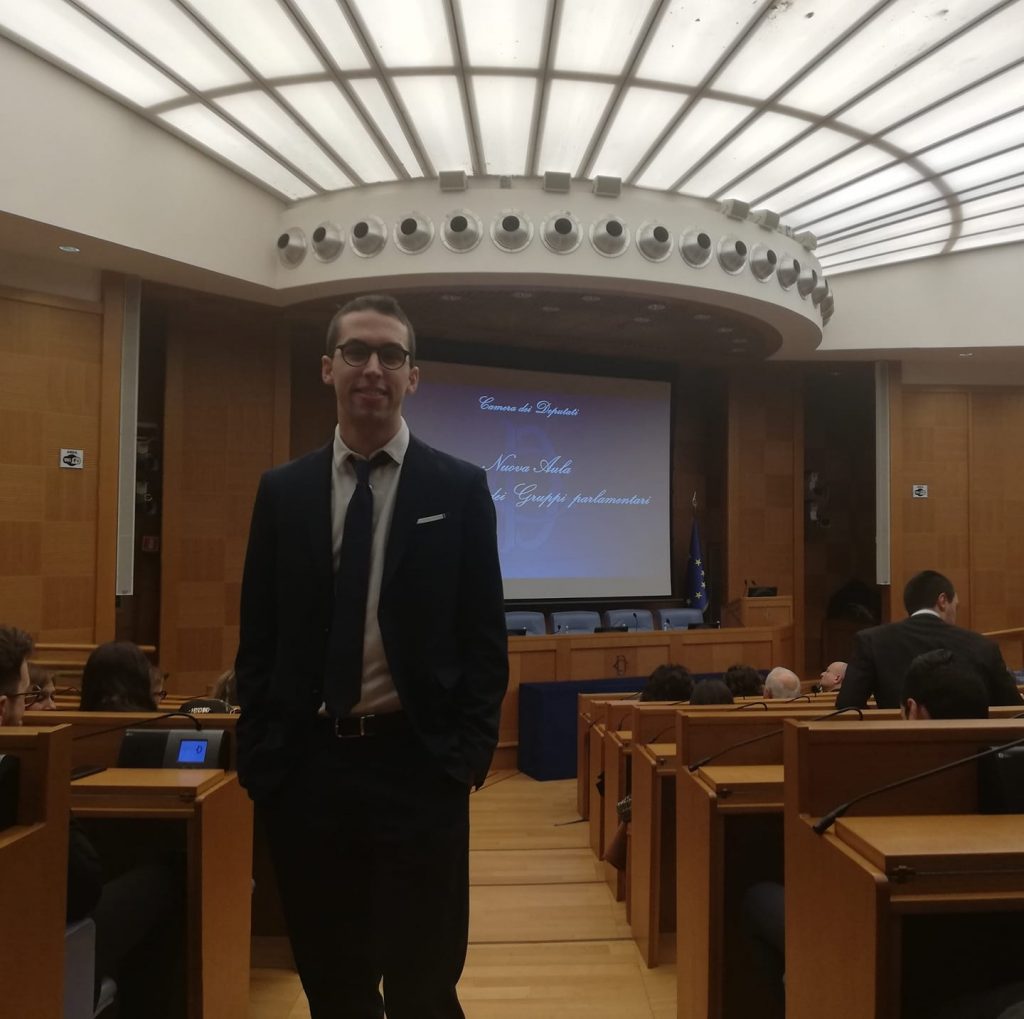
How has your time as a student at Lund University influenced your life?
I wouldn’t be honest if I said that my experience in Lund was everyday stuff. Honestly, before August 2018, I wasn’t much of an explorer of either travel or life.
In Lund, I learned that there is something incredible and unexplored beyond the front gate. That it’s great to explore new cultures. To discover new places. To be in a group with a Japanese woman and a Frenchman discussing the IKEA case. And that the world remains the same, it’s just us moving within it as we become richer people by discovering new things.
When I think back to my time in Sweden, images pop up in my mind like a dream. A dream that paved the way for me and formed the person I have become today.
We have gone through the coronavirus, isolation, the pre-pandemic and soon the post-pandemic era. What doesn’t change are the frameworks that we have treasured in our past to deal with the reality we experience every day. I used to look for myself in the outside world, but it was actually already inside me.
This is what my time in Lund taught me.
If you had to delete all but 3 apps from your smartphone, which ones would you keep? And why?
This is a really tough question, I would definitely say WhatsApp: it’s addictive – that’s true, but it’s the only way to keep and nurture our real life connections. It doesn’t matter how close or far these people are from us right now.
The key here is to keep a balance and not fall into this imaginary, e-world only, but continue to meet physically (when possible along this pandemic).
Another crucial app – thinking about the bottom of Maslow’s pyramid – is Maps: as much as I can travel now, I could still get lost in my neighbourhood. The one where I was born!
The last one – an internet browser. I chose it to never stop learning: it’s 2022 and by simply using a regular internet browser we can access all the knowledge in the world, for free.
For the last one, I cheated (I know) so I can still access all my social media, email, documents… but with a good, grown-up apology!

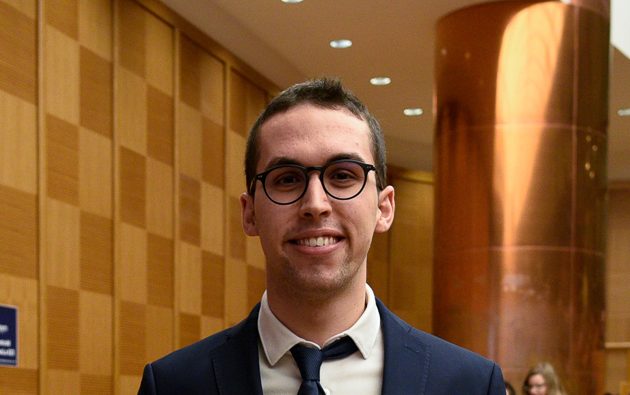
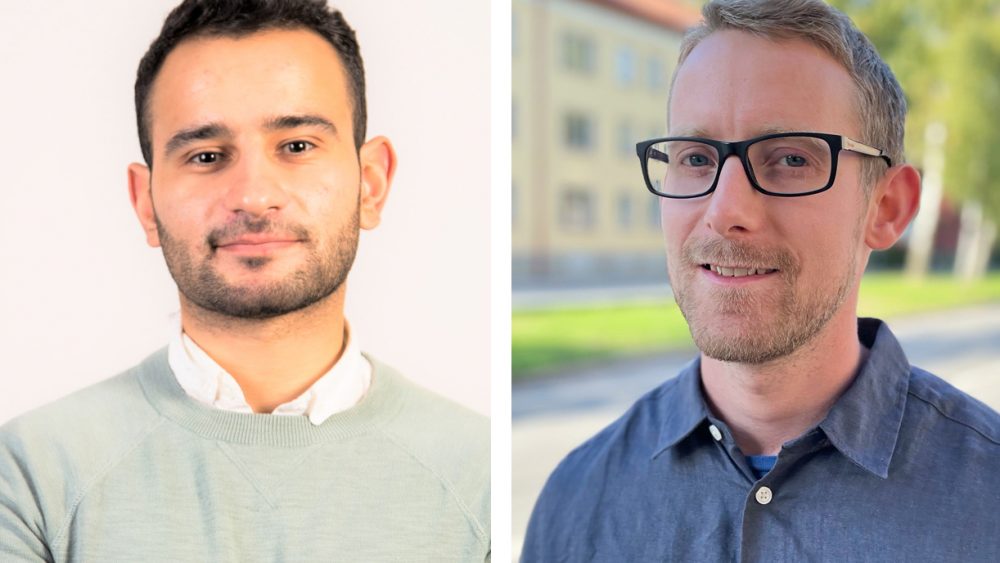
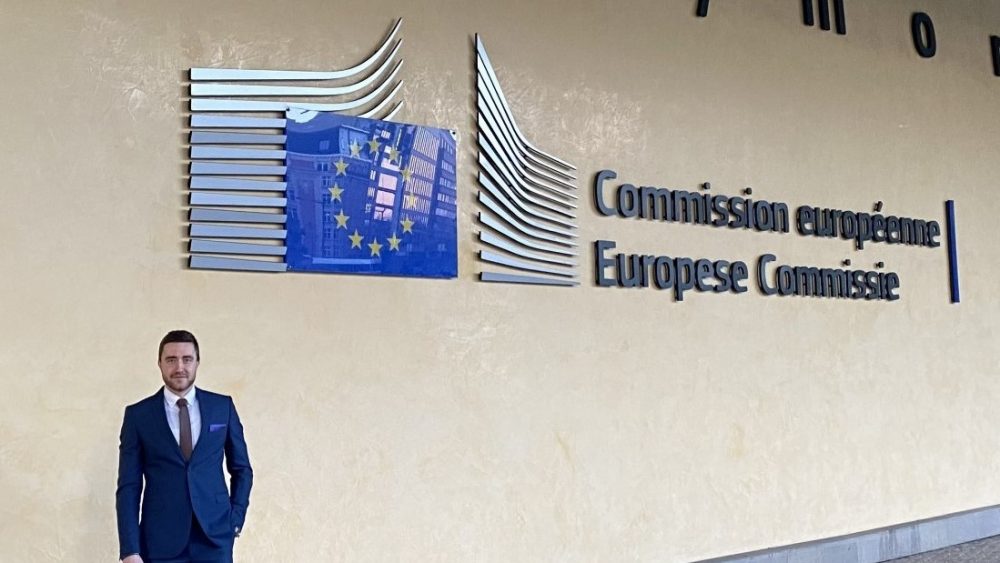
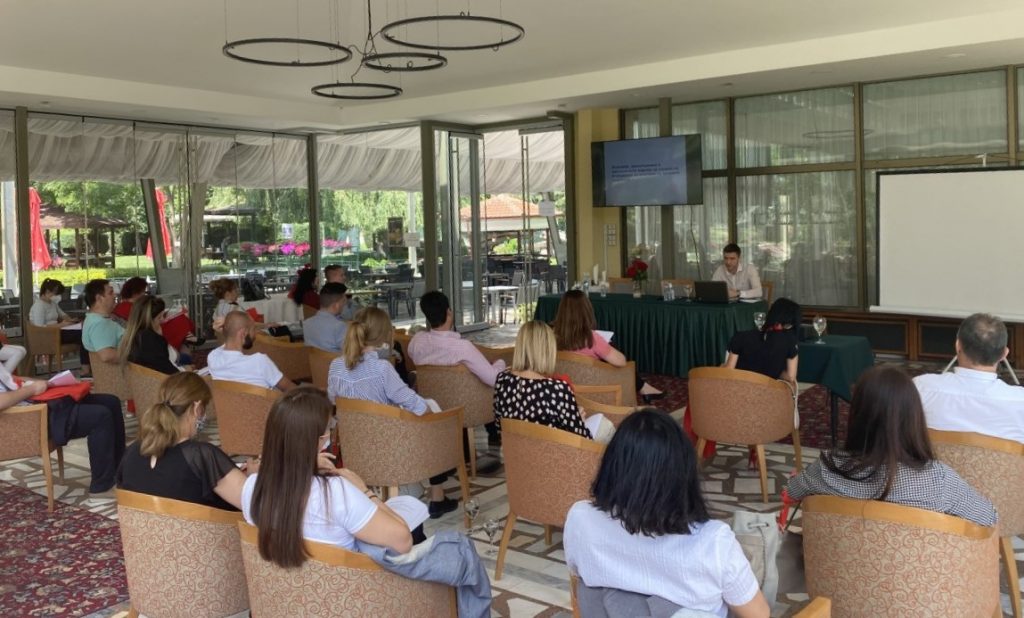
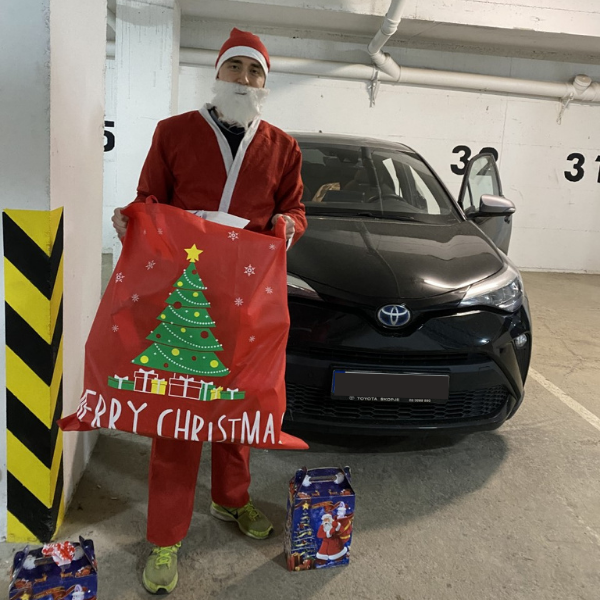
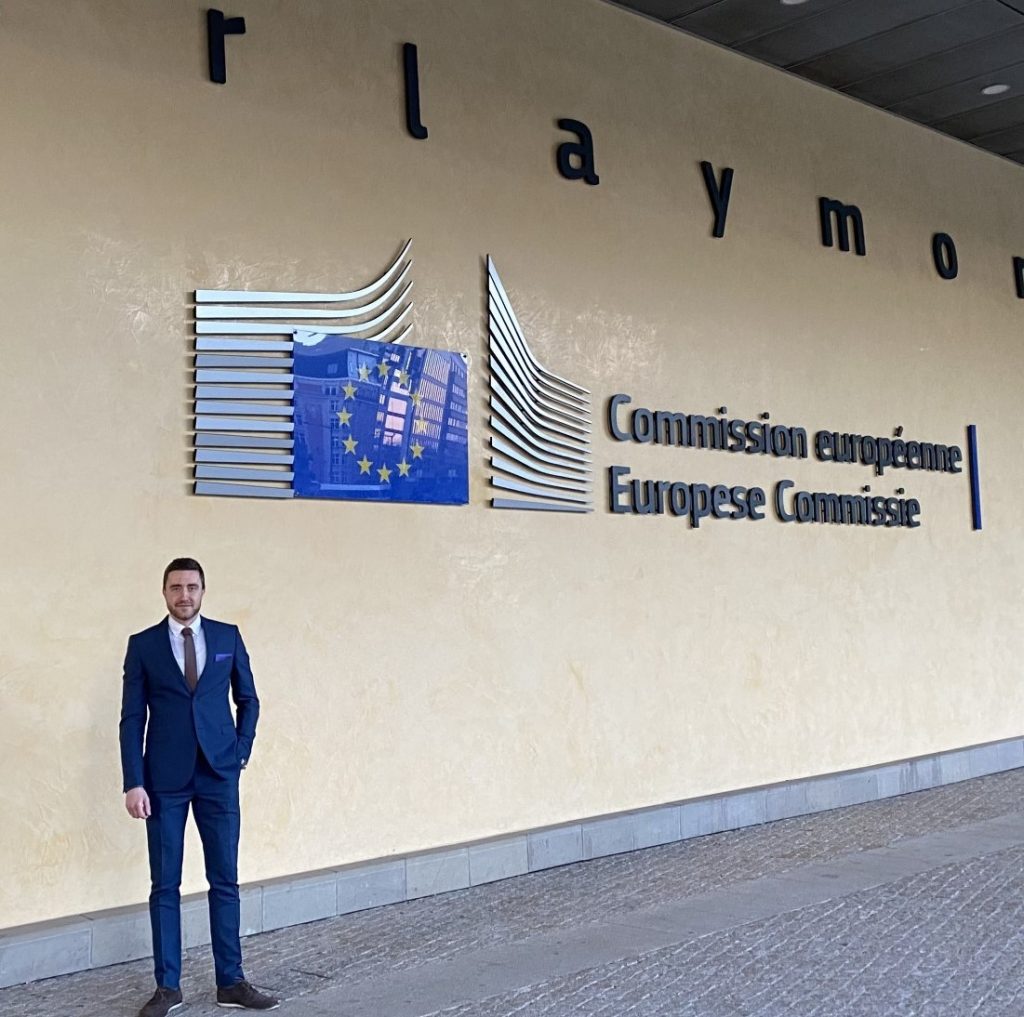
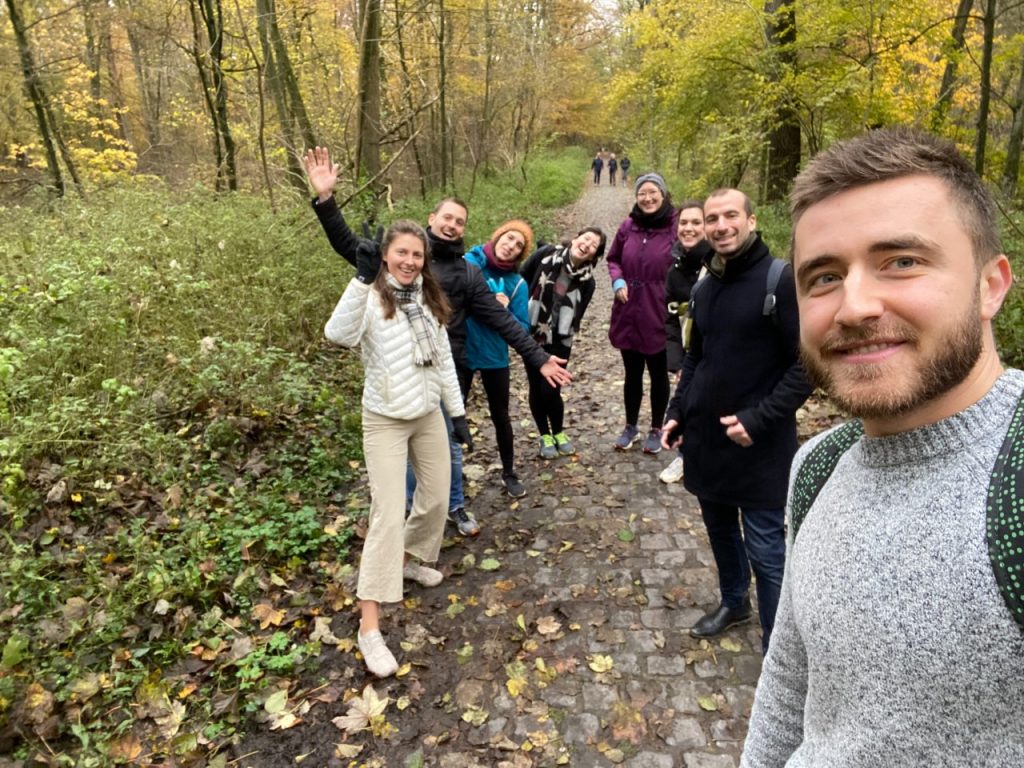
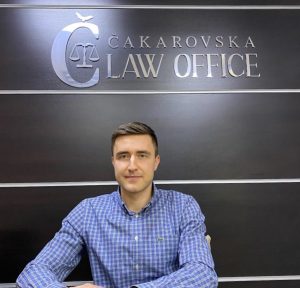 Take it easy. Progress takes time. I know first-hand that taking too much upon yourself does more harm than good. People had high expectations of me immediately after graduating, which added to the initial shock of returning from a longer stay abroad. You may have an international network, but may still need to expand your local network. You may need to build your local reputation as a reliable and trustworthy professional. The general advice is to get involved in as many activities as possible. Start from a lower position if needed, but make sure your knowledge and skills are appreciated.
Take it easy. Progress takes time. I know first-hand that taking too much upon yourself does more harm than good. People had high expectations of me immediately after graduating, which added to the initial shock of returning from a longer stay abroad. You may have an international network, but may still need to expand your local network. You may need to build your local reputation as a reliable and trustworthy professional. The general advice is to get involved in as many activities as possible. Start from a lower position if needed, but make sure your knowledge and skills are appreciated. 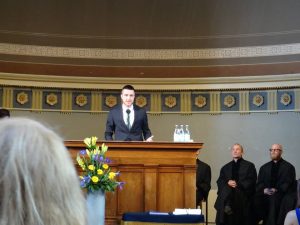 Being a student at Lund University was an incredibly positive experience. I am not speaking just about the high-quality education – there are also the gained skills, the international network, and the personal growth. All this has shaped my future career, which has so far been nothing but versatile and prosperous. The environment at Lund University is international and it definitely gave me a different perspective on life.
Being a student at Lund University was an incredibly positive experience. I am not speaking just about the high-quality education – there are also the gained skills, the international network, and the personal growth. All this has shaped my future career, which has so far been nothing but versatile and prosperous. The environment at Lund University is international and it definitely gave me a different perspective on life.

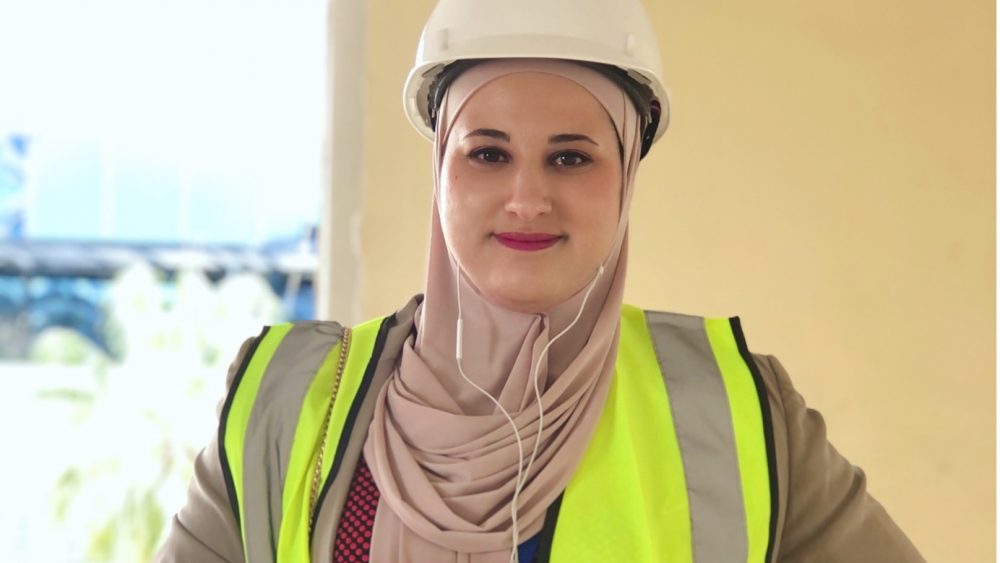
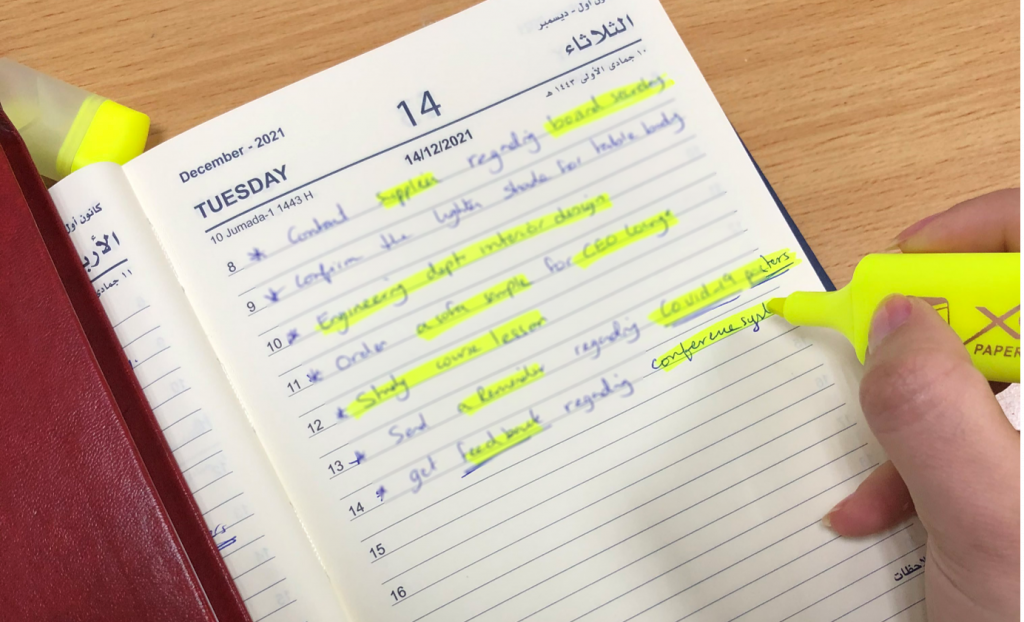
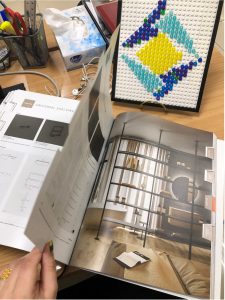 After that, I go on with my day as a fulltime architectural engineer. Whenever I feel the need for inspiration, I take a look at some catalogues which I always keep by my desk and I also search the web for the latest updates and trends in the design world. In the meantime, Jordan Kuwait Bank is going into a transitional period in which a lot of new and exciting projects are planned. Some examples are a complete renovation of the HQ, design an extension for the bank’s HQ and a lot of unique interior spaces with different purposes. My role includes providing detailed concepts, designs, constructional blueprints a long with realistic 3D models and VR experiences. I am also studying to be a LEED certified professional and help incorporate sustainable design concepts in my future design projects.
After that, I go on with my day as a fulltime architectural engineer. Whenever I feel the need for inspiration, I take a look at some catalogues which I always keep by my desk and I also search the web for the latest updates and trends in the design world. In the meantime, Jordan Kuwait Bank is going into a transitional period in which a lot of new and exciting projects are planned. Some examples are a complete renovation of the HQ, design an extension for the bank’s HQ and a lot of unique interior spaces with different purposes. My role includes providing detailed concepts, designs, constructional blueprints a long with realistic 3D models and VR experiences. I am also studying to be a LEED certified professional and help incorporate sustainable design concepts in my future design projects. 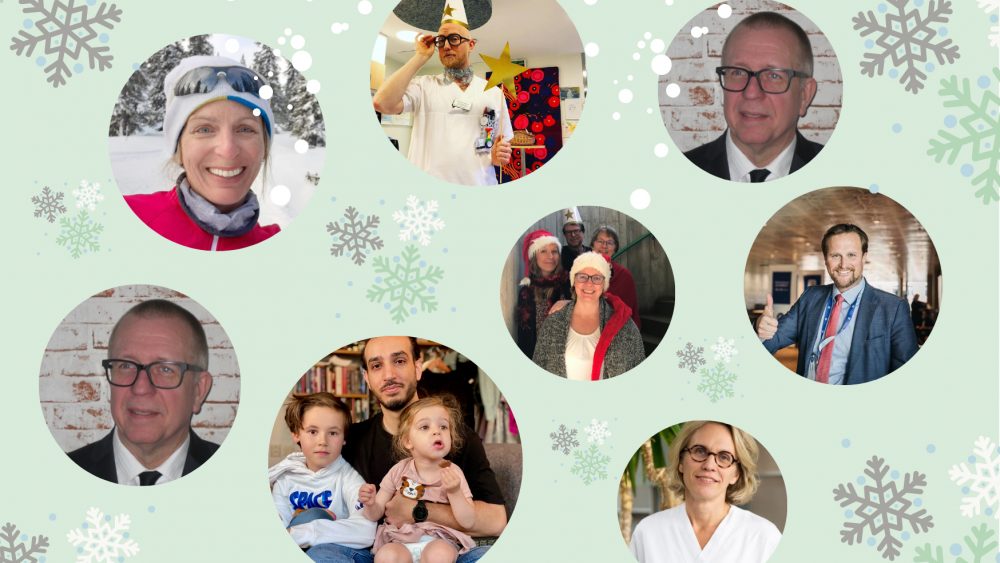
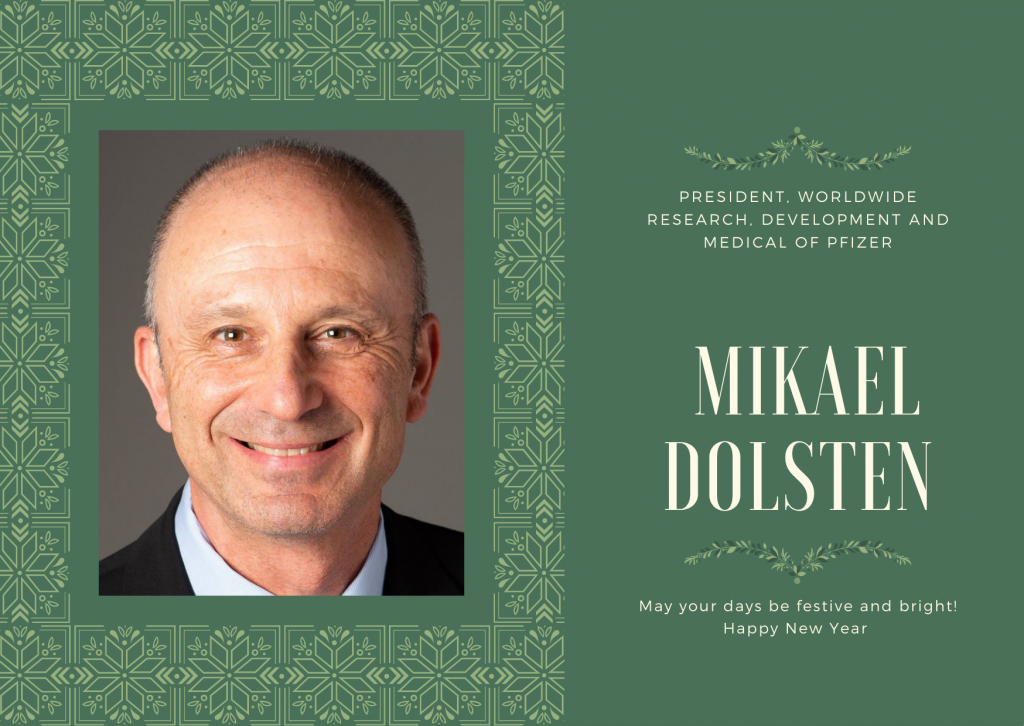
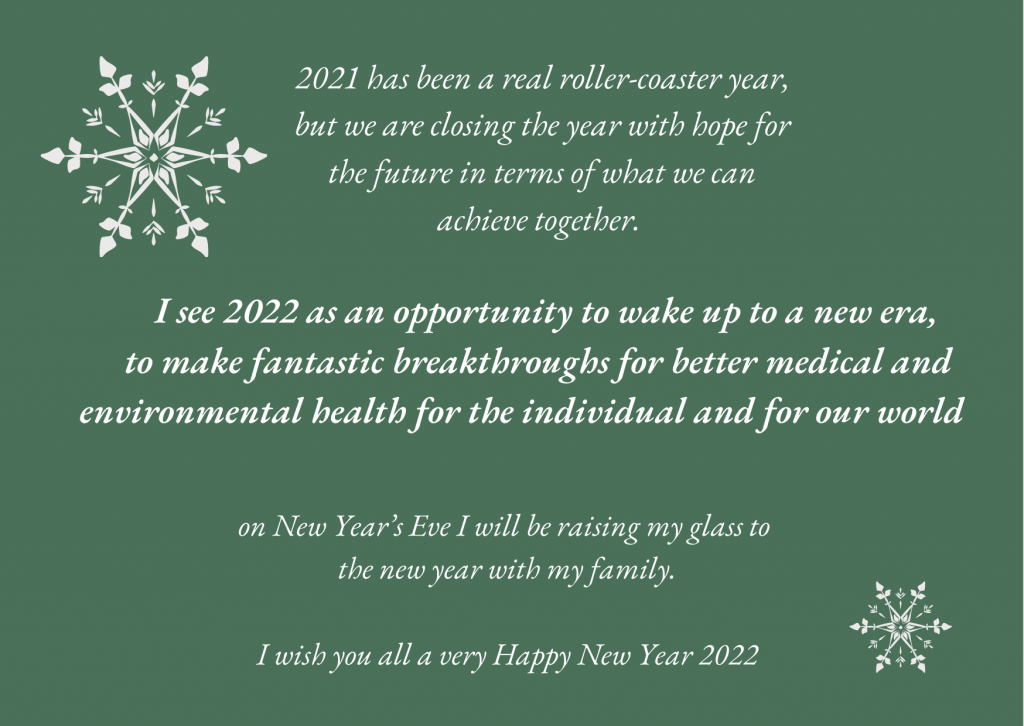

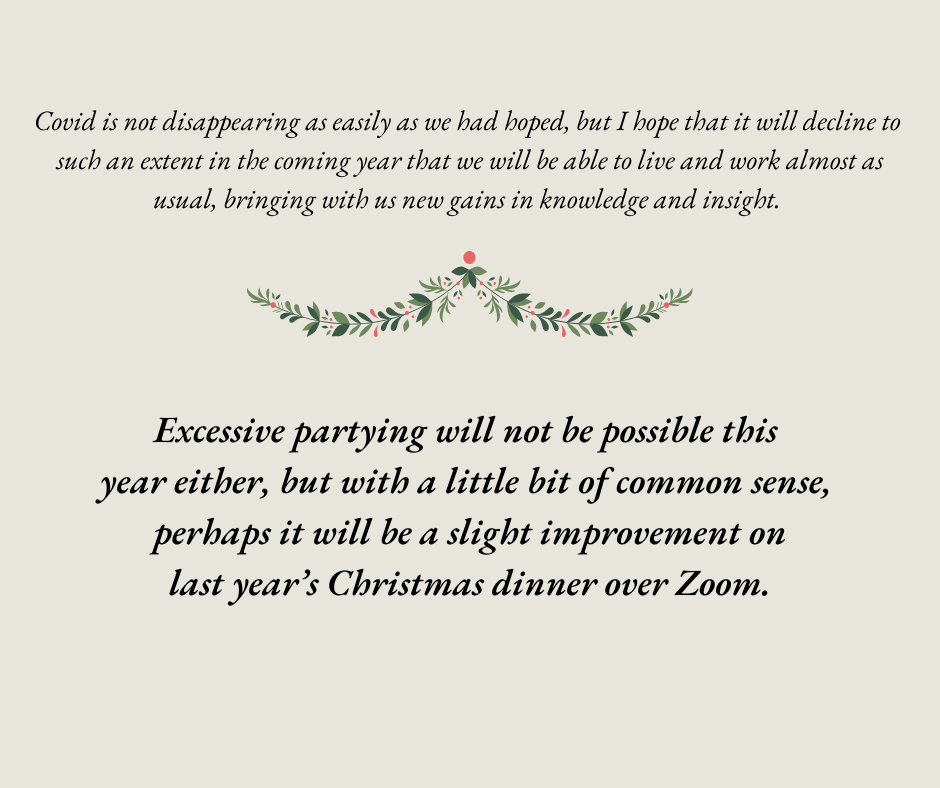
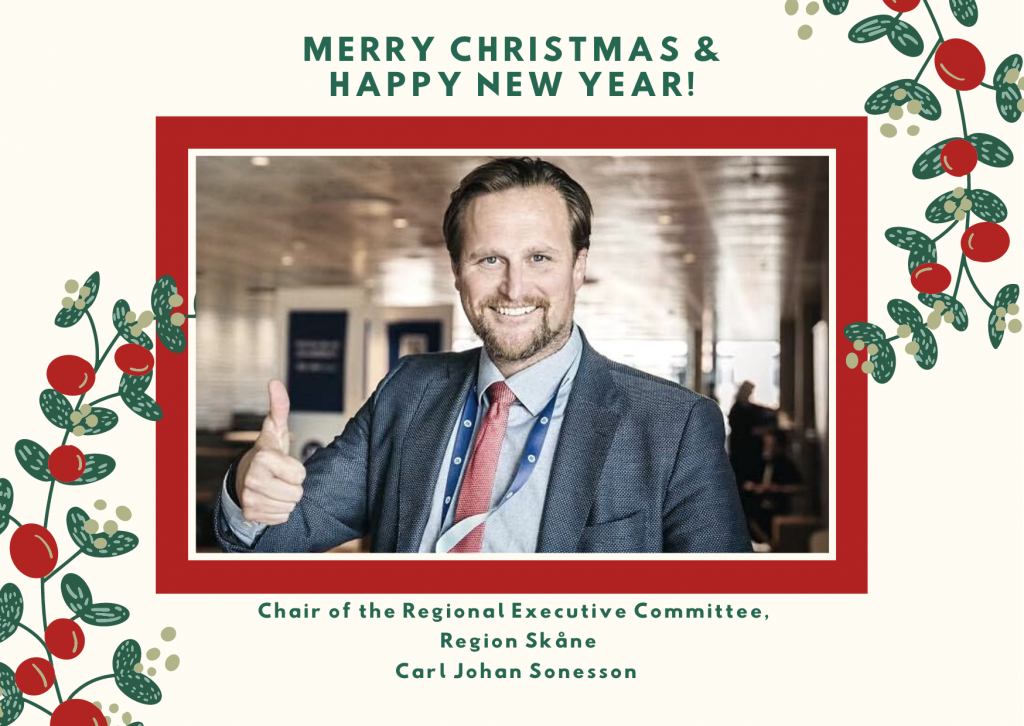
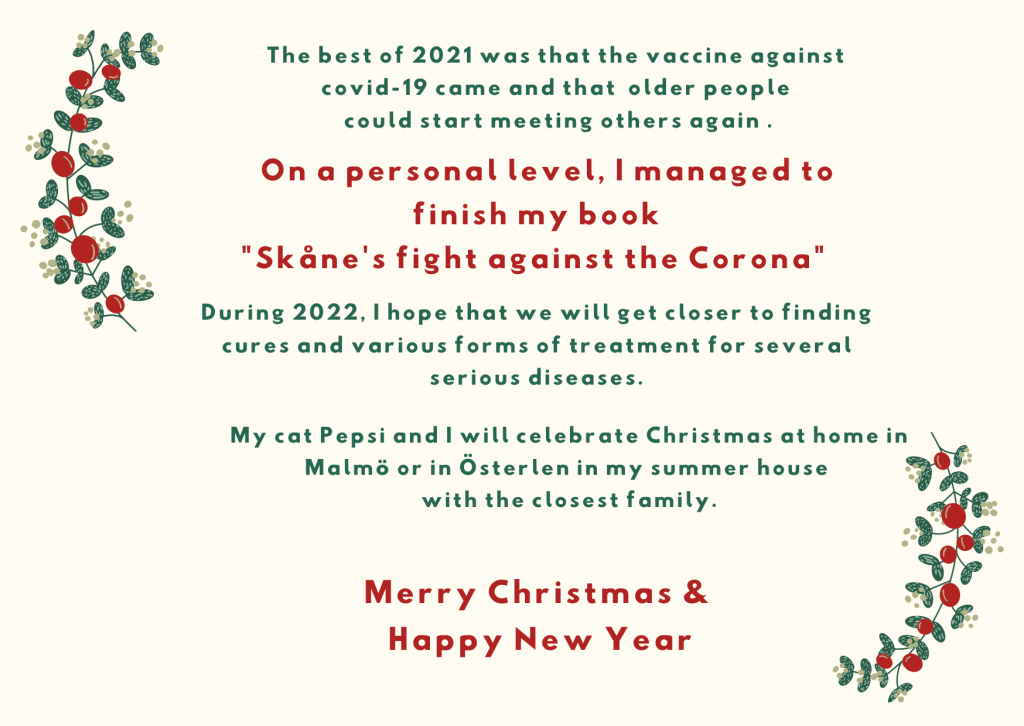
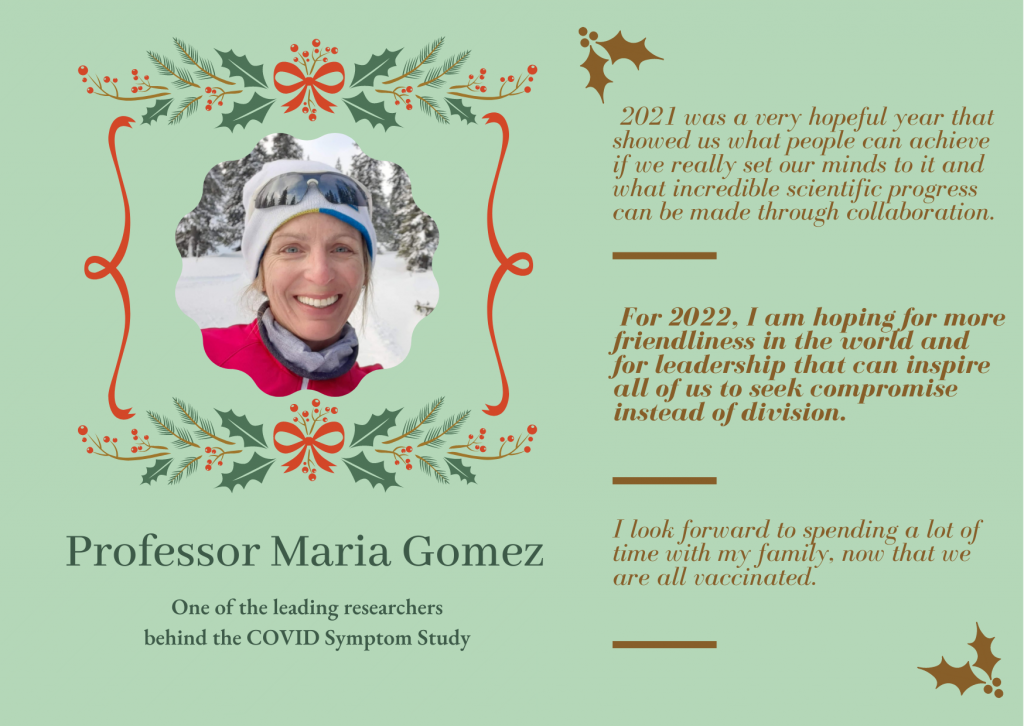
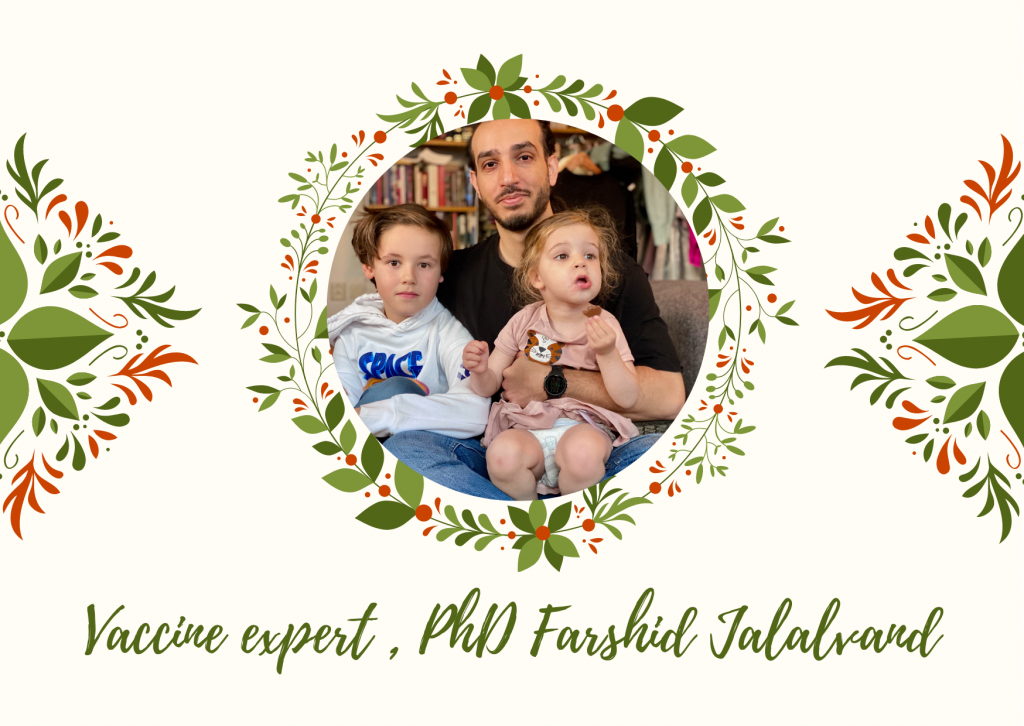
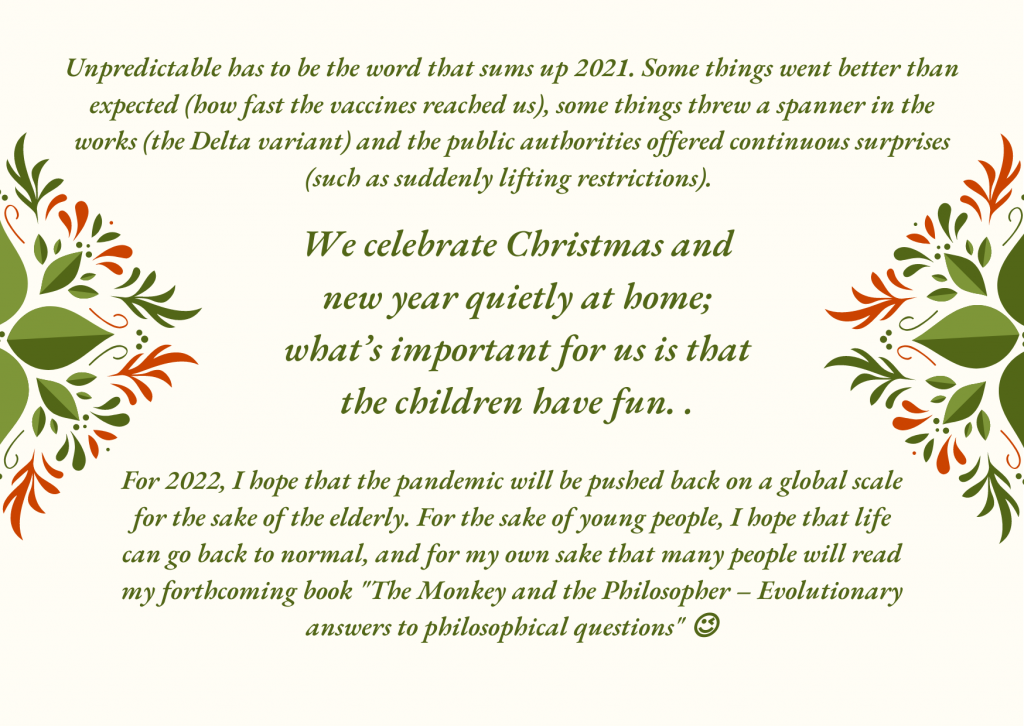
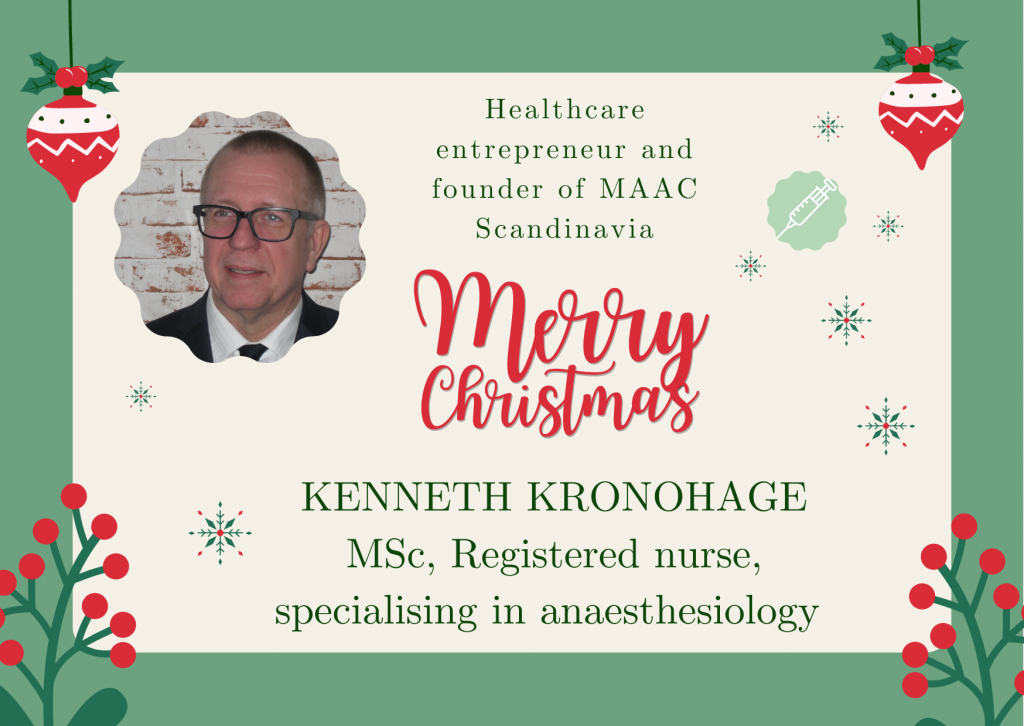
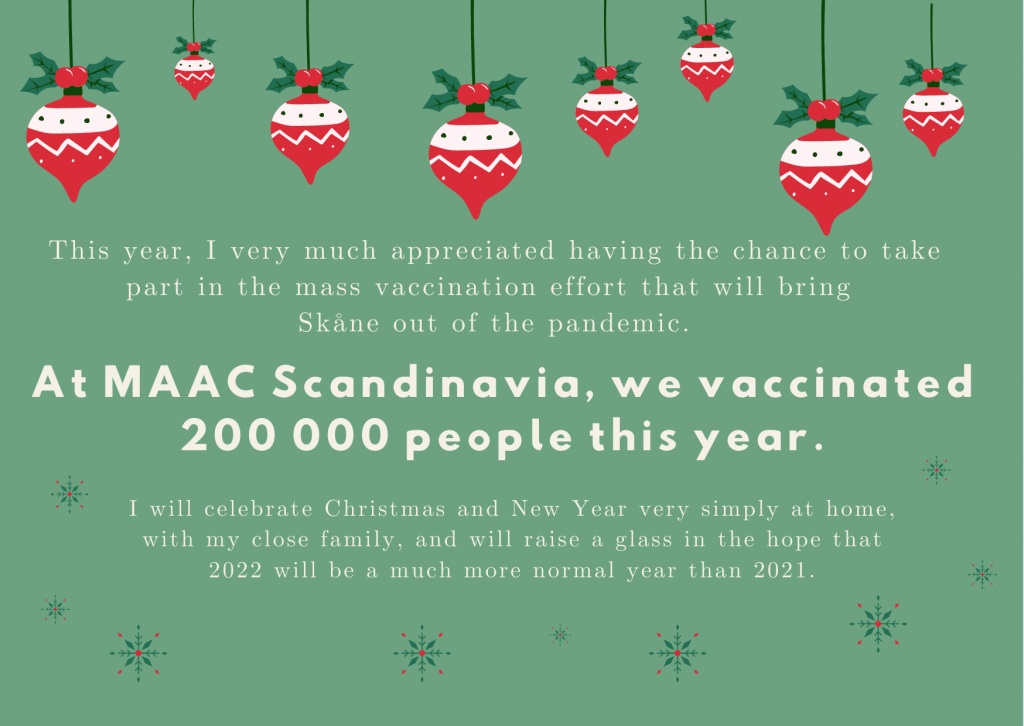
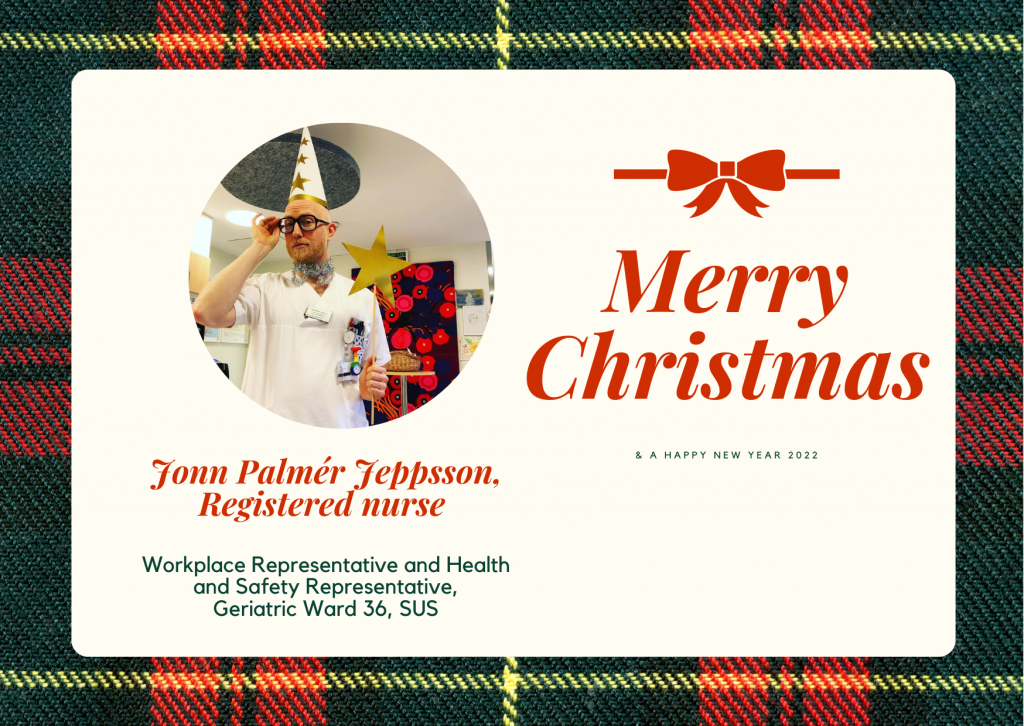
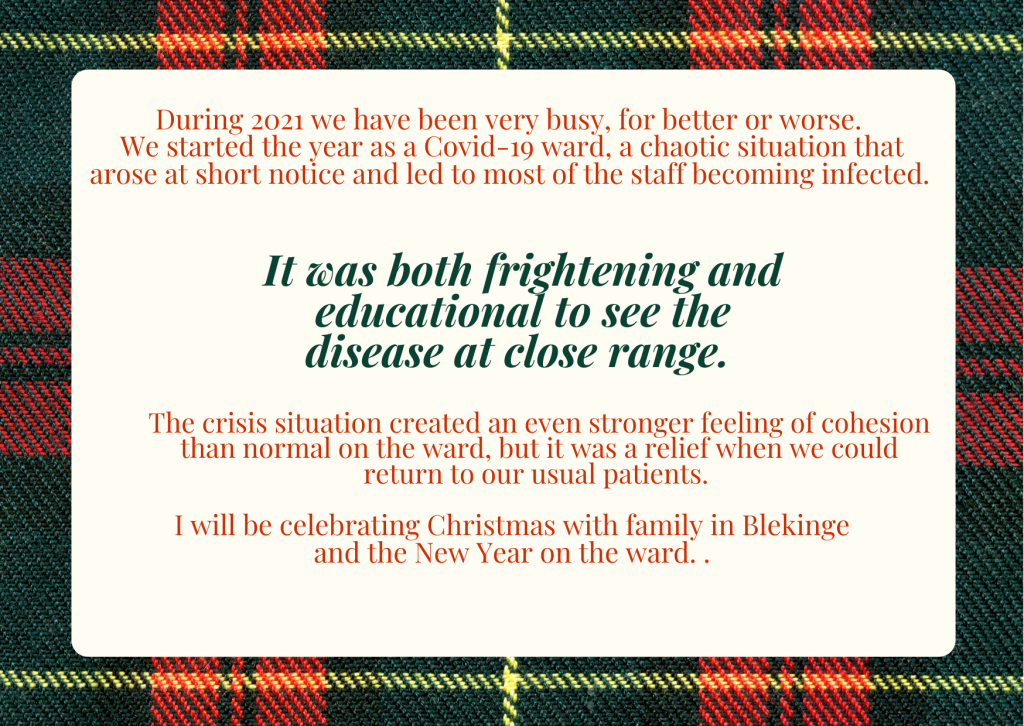
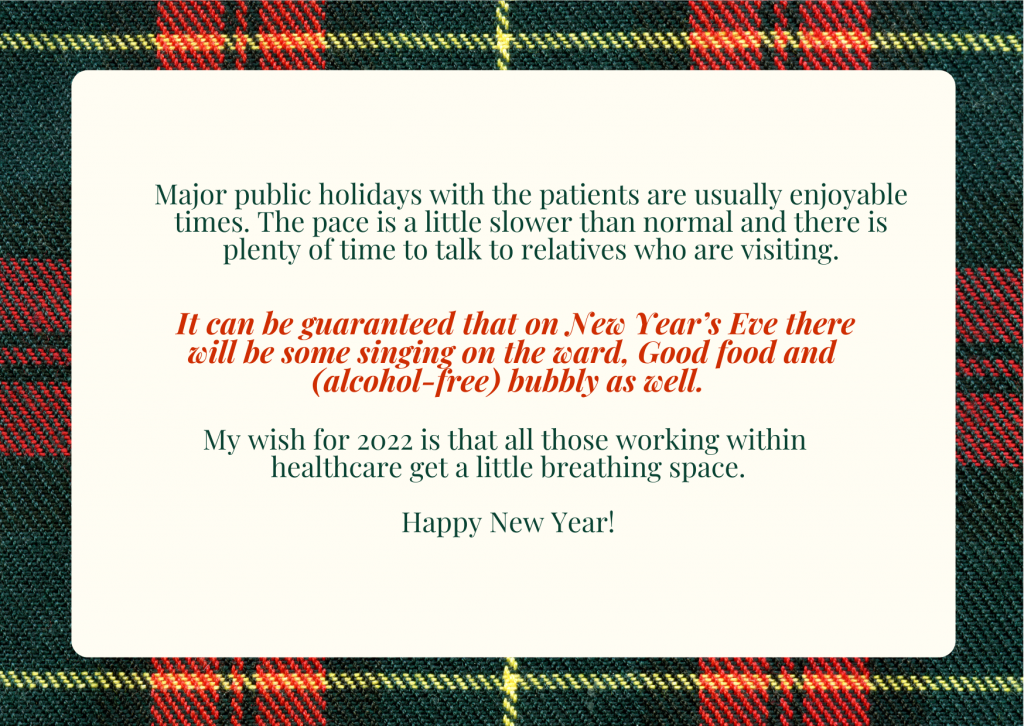
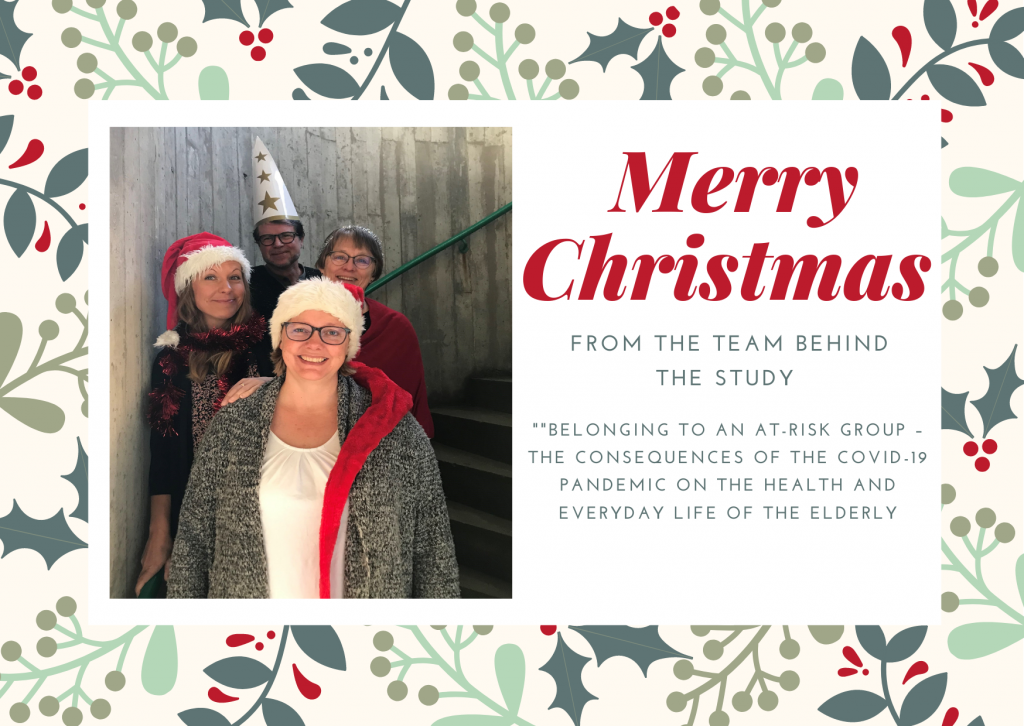
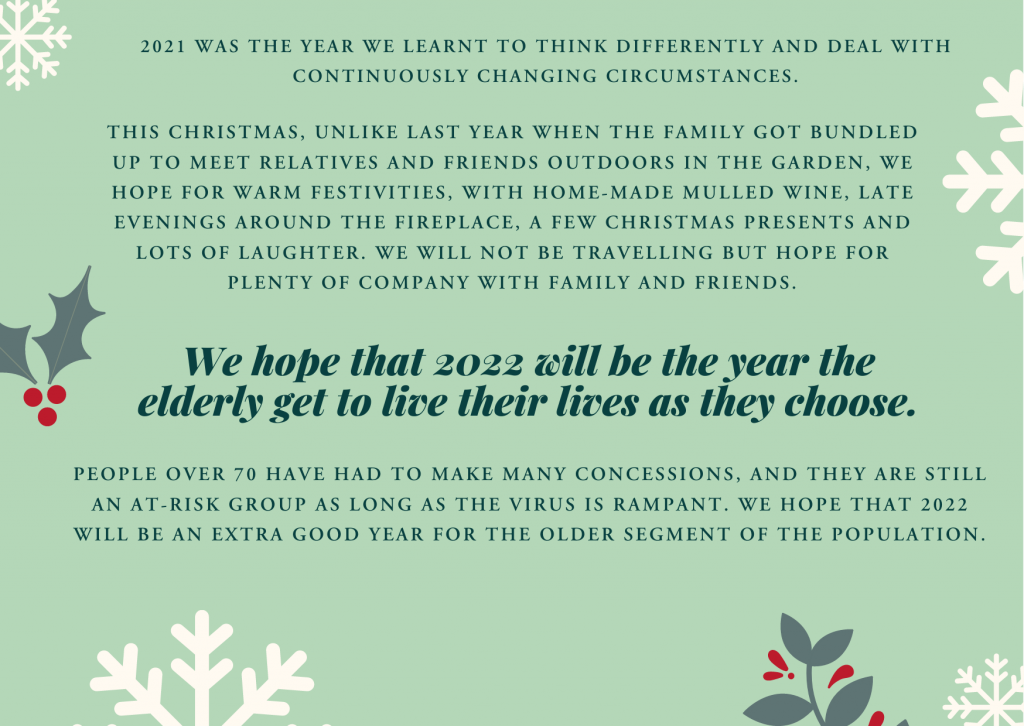
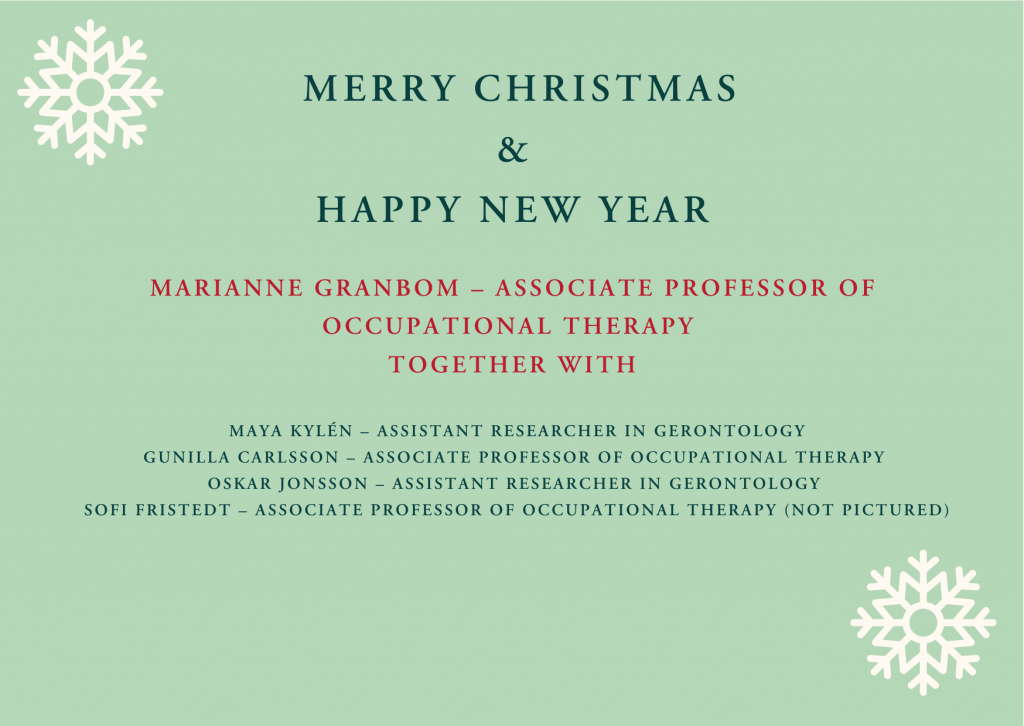



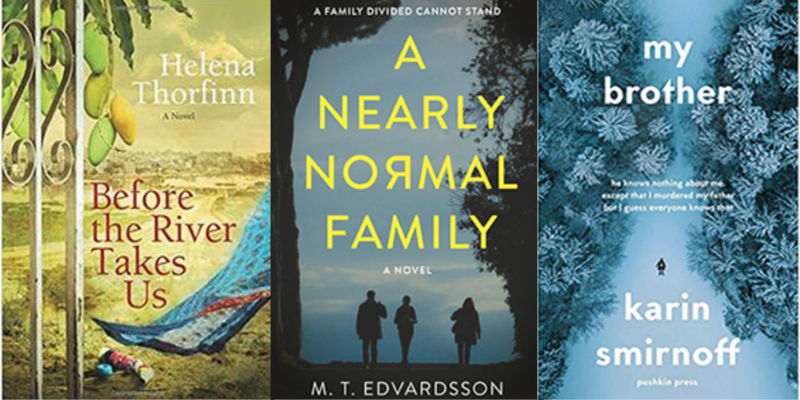
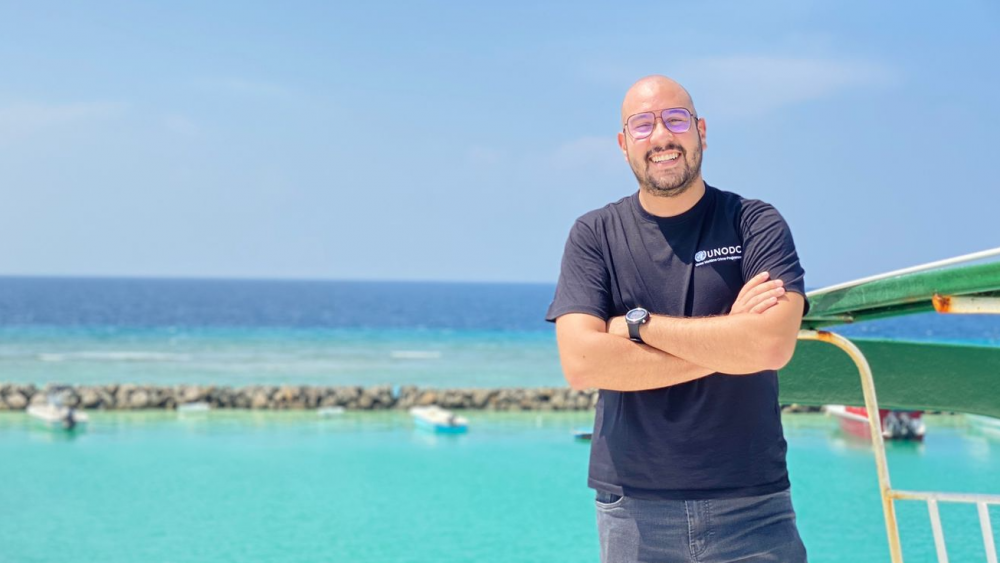
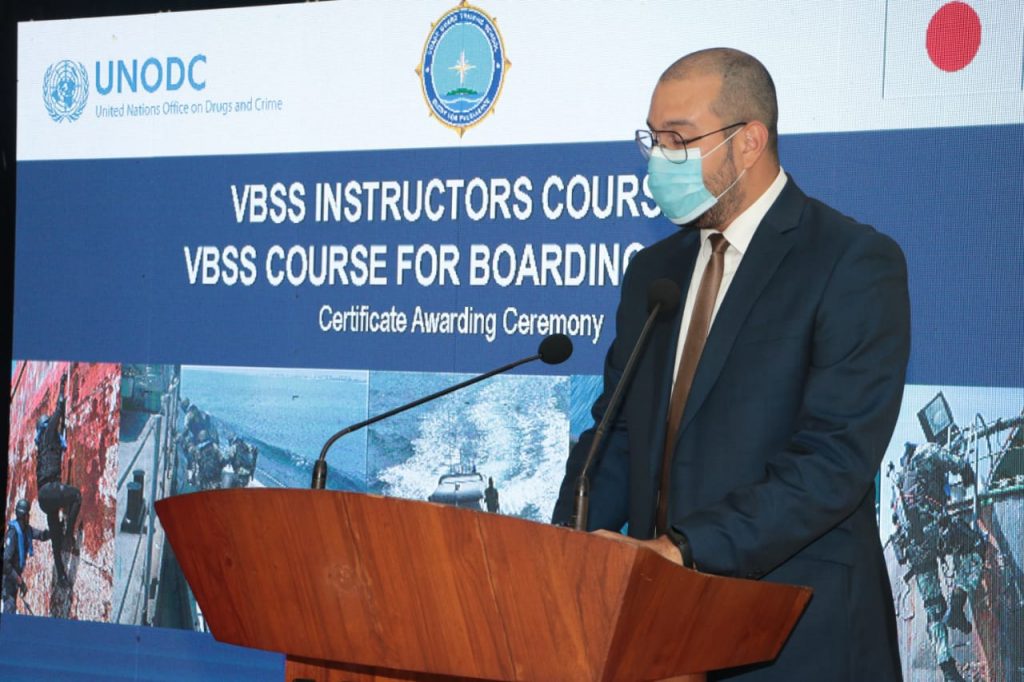
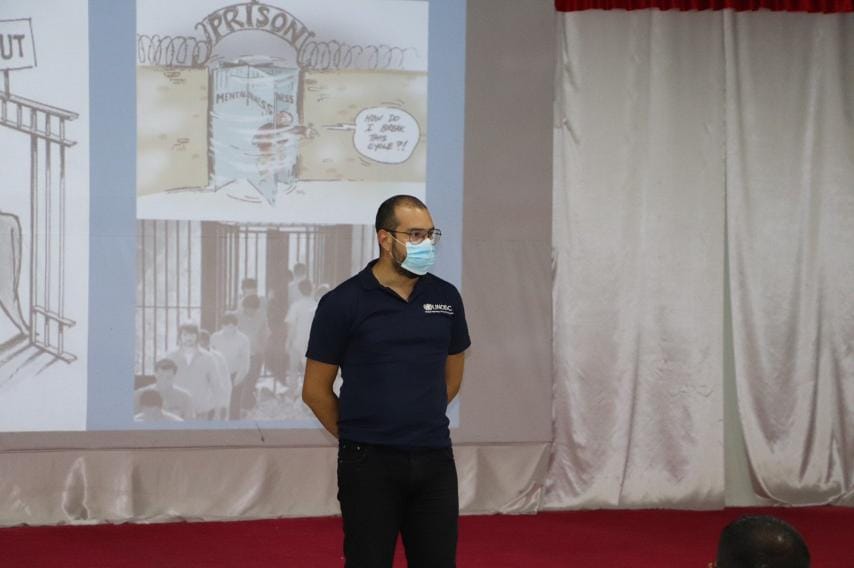
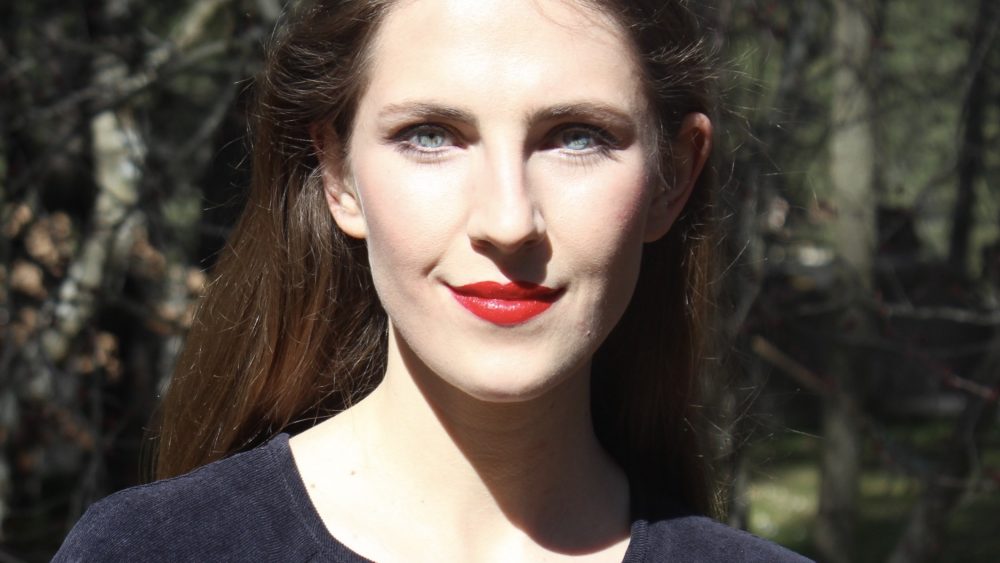

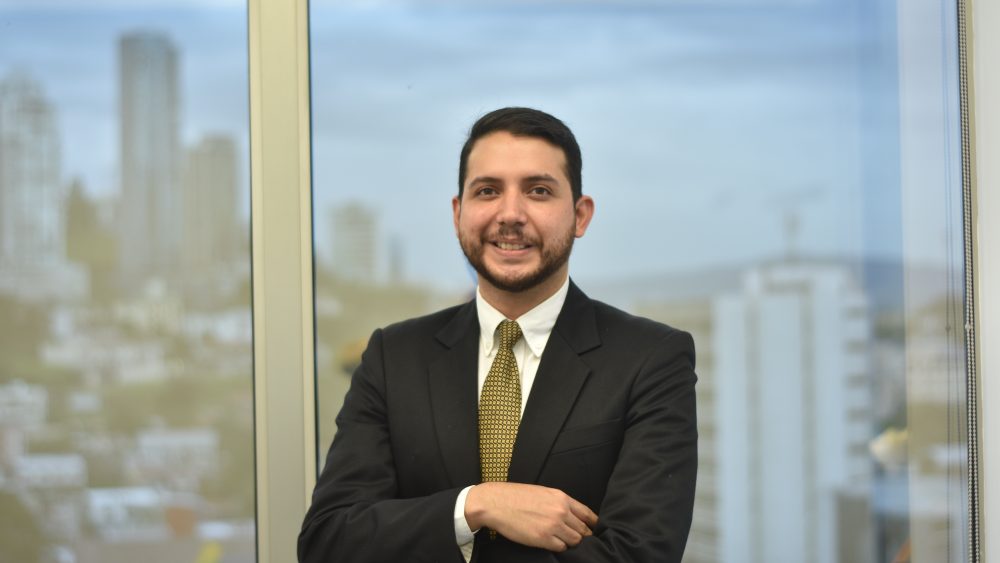
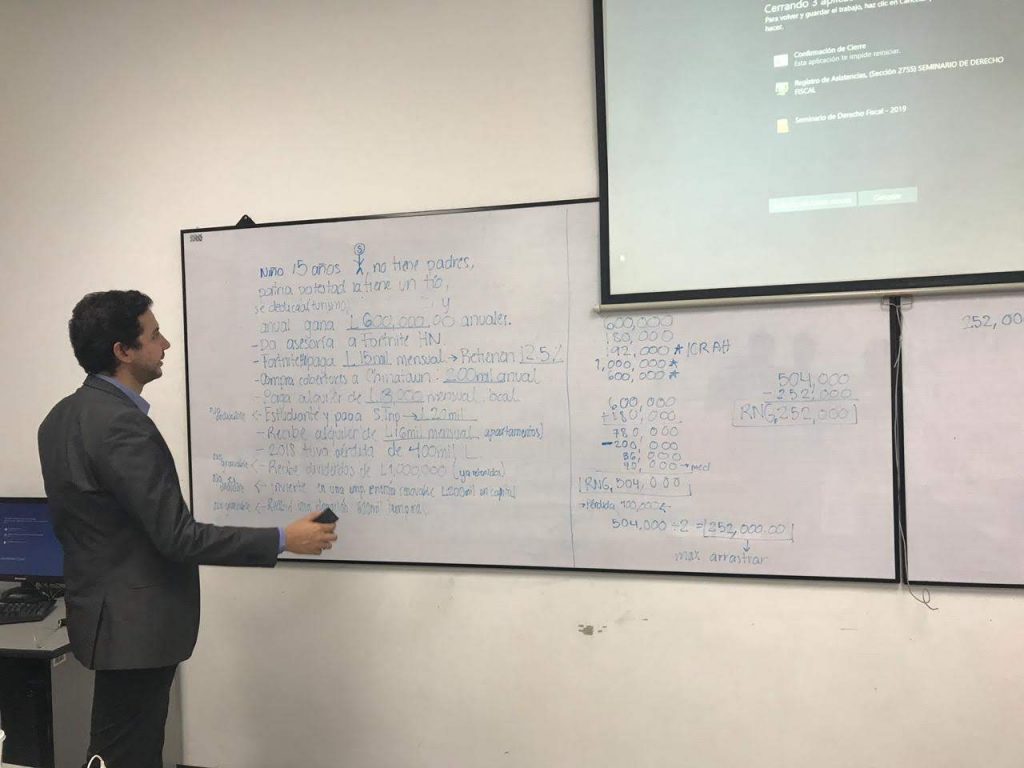
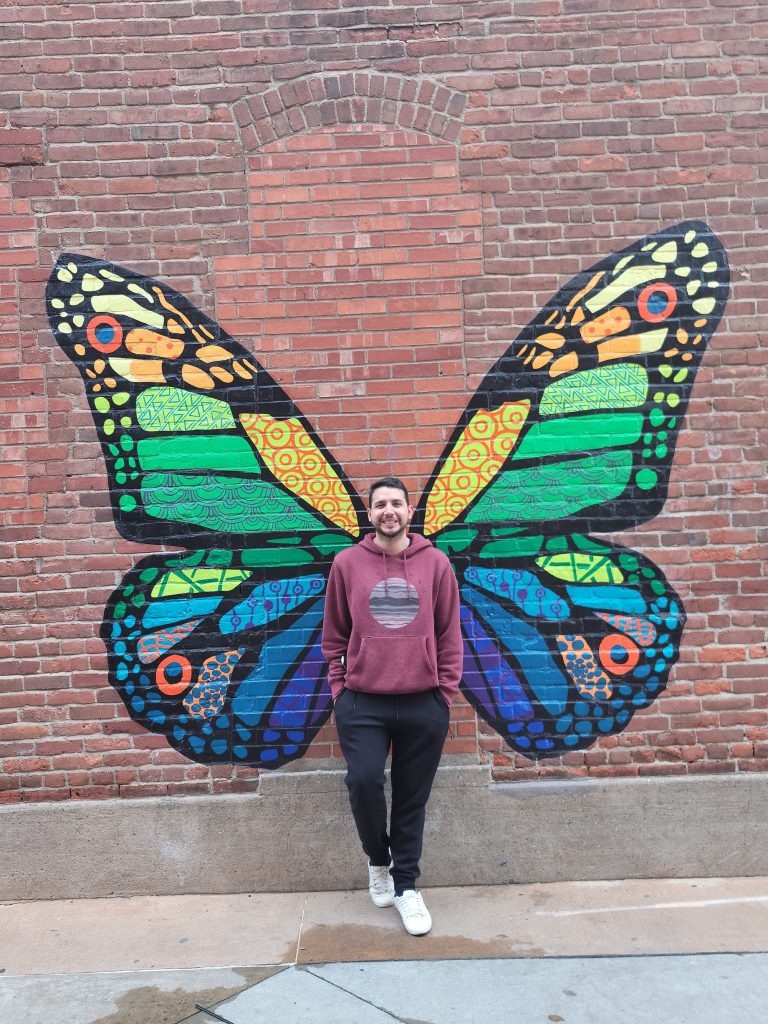
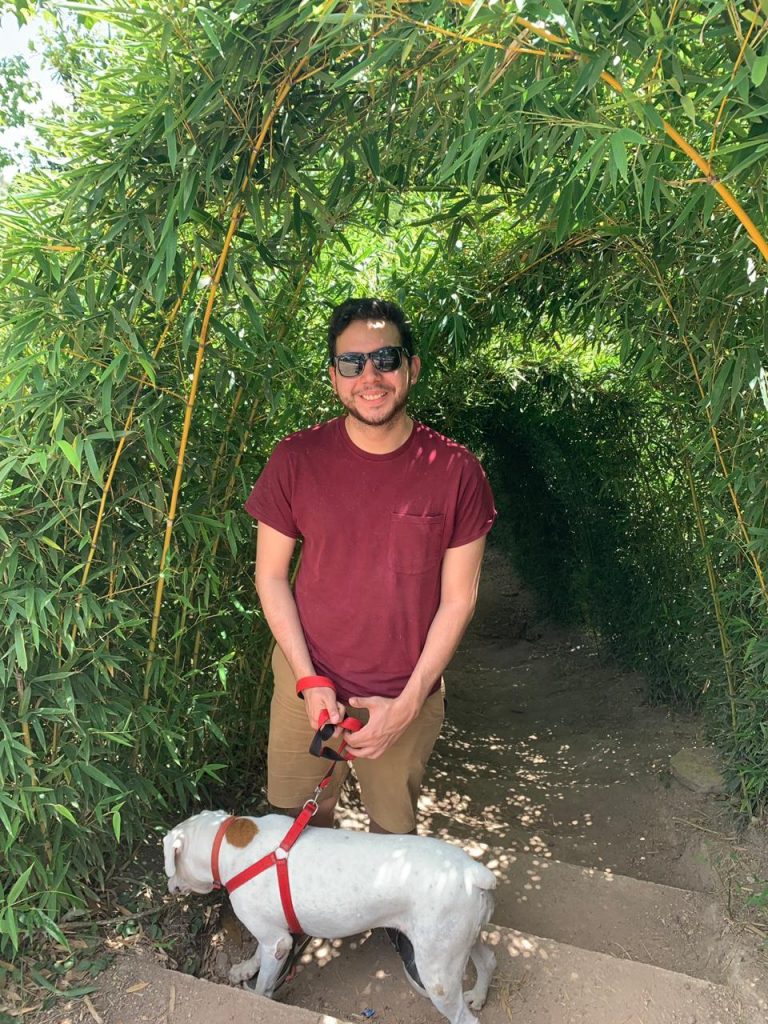
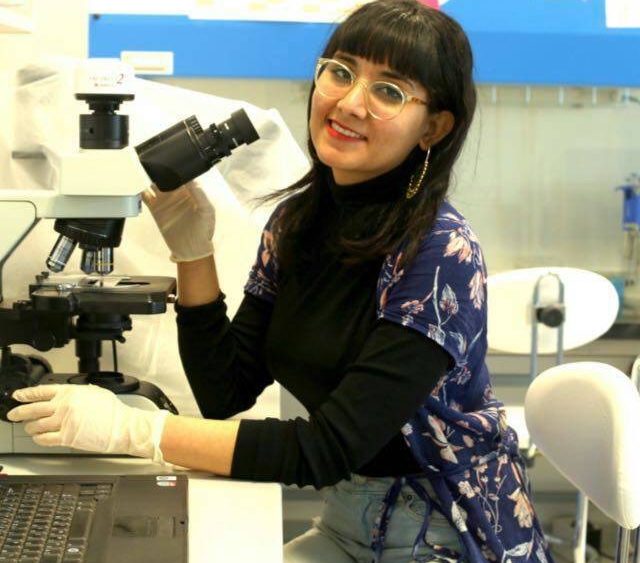
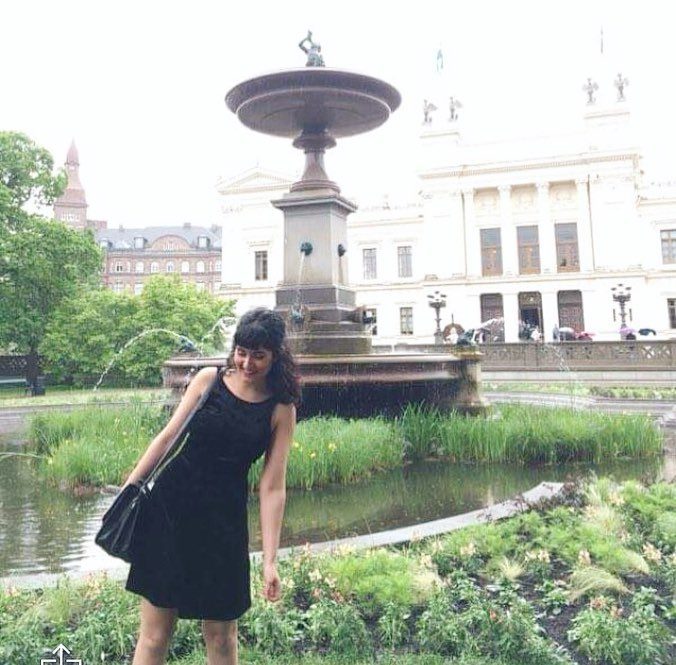
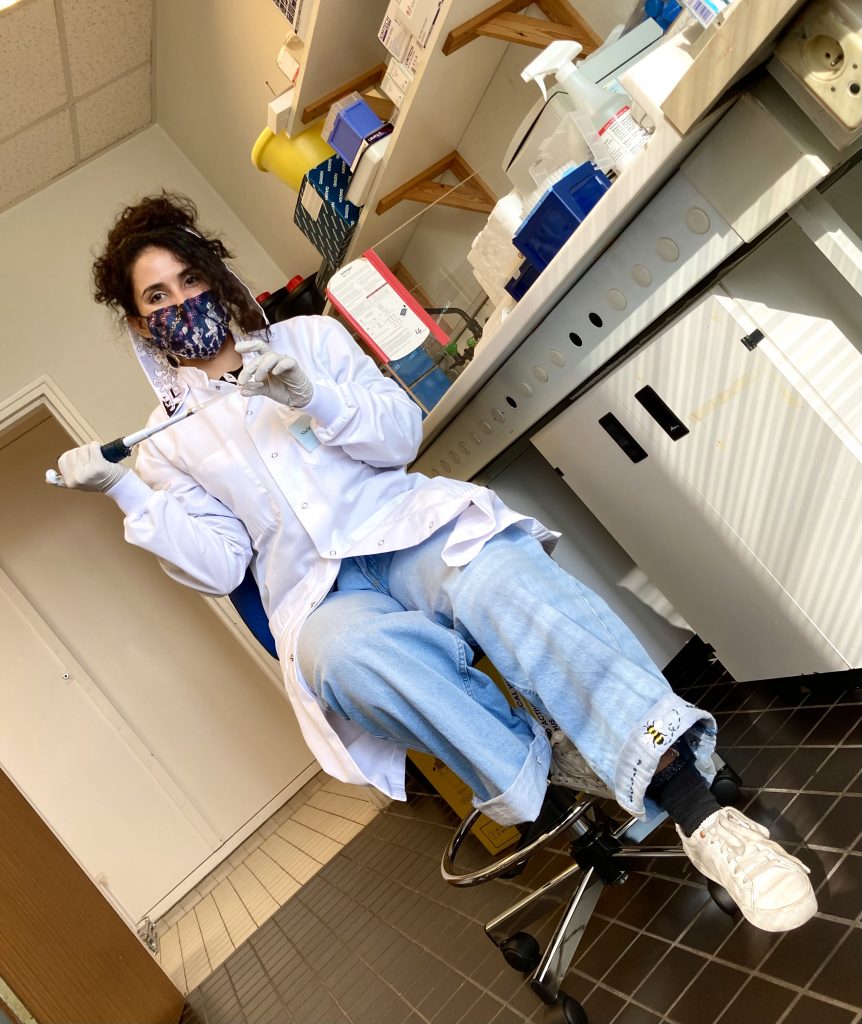
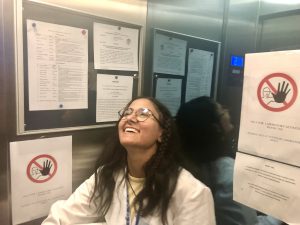 With the exception of my current work position, for which I personally met my supervisor before I started working for him, all three of my previous work/internship opportunities were secured online. I directly emailed the head of the labs where I wanted to work, expressing my interest and offering a potential research plan for my stay (if offered).
With the exception of my current work position, for which I personally met my supervisor before I started working for him, all three of my previous work/internship opportunities were secured online. I directly emailed the head of the labs where I wanted to work, expressing my interest and offering a potential research plan for my stay (if offered).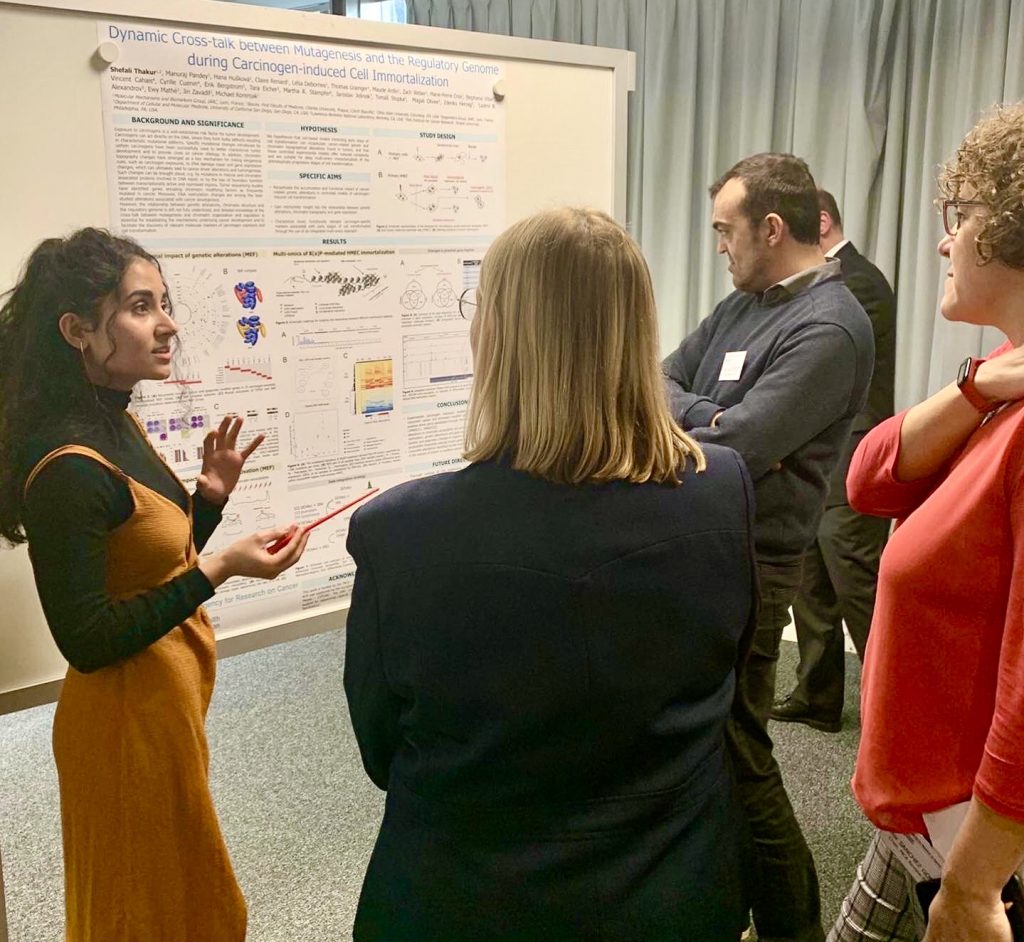
Comments